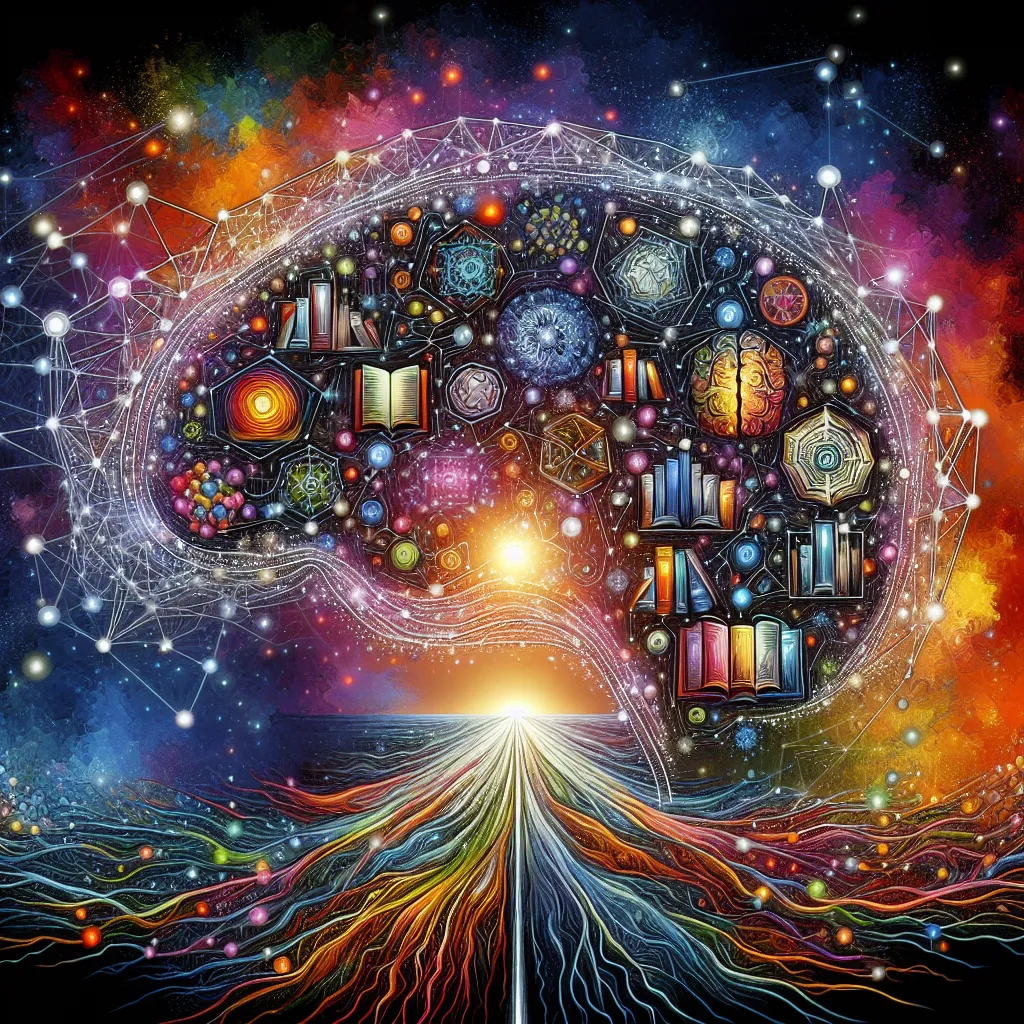Title: Brain Busters for Adults: Modern Challenges for Mental Fitness
In today’s fast-paced digital world, keeping our minds sharp has become more crucial than ever. Brain busters—cognitive challenges designed to test and enhance mental capabilities—have evolved from simple pastimes into scientifically-backed tools for maintaining brain health. Recent neuroscience research has confirmed that regular mental exercise can not only improve cognitive function but may also build cognitive reserve, potentially reducing the risk of neurodegenerative conditions. Whether you’re a busy professional seeking mental stimulation or someone passionate about maintaining cognitive vitality, these brain-boosting activities offer both entertainment and substantial neurological benefits.
If you want to know your own IQ, we have a free iq test here.
Let’s explore the world of puzzles, starting with the ever-popular Sudoku. This Japanese-origin number placement puzzle has recently seen innovative variations, including 3D versions and color-based alternatives. The classic 9×9 grid remains a gold standard for logical thinking and pattern recognition, with studies showing that regular Sudoku solving can improve working memory and processing speed in adults of all ages.
Crossword puzzles have undergone a digital renaissance, with apps like The New York Times Crossword offering increasingly sophisticated challenges. Modern crosswords often incorporate contemporary references, making them more relevant and engaging for today’s solvers while maintaining their core benefits for vocabulary enhancement and semantic memory.
The mobile revolution has transformed brain training through sophisticated apps utilizing artificial intelligence. These platforms now offer personalized difficulty progression and track cognitive improvements across multiple domains, from pattern recognition to verbal fluency. Many apps incorporate gamification elements, making cognitive training both engaging and measurable.
The Rubik’s Cube community has exploded online, with speed-solving competitions and advanced techniques being shared globally. Modern variations include electronic versions that teach solving methods and connect solvers worldwide, creating a social dimension to this classic challenge.
Logic puzzles have evolved beyond traditional formats, now incorporating elements of coding and algorithmic thinking. These modern brain teasers often reflect real-world problem-solving scenarios, making them particularly relevant for adults in technical fields while remaining accessible to all.
Strategic board games like chess have found new life through online platforms that offer AI opponents and international competition. The recent surge in chess popularity, partly driven by streaming culture and digital accessibility, has introduced millions of adults to its cognitive benefits, including enhanced strategic thinking and decision-making capabilities.
Escape rooms have expanded into virtual and hybrid formats, combining physical and digital elements. These experiences now incorporate augmented reality technology and remote participation options, making them more accessible while maintaining their core benefits for problem-solving and collaborative thinking.
Mathematical puzzles have become more approachable through interactive visualization tools and real-world applications. Modern platforms present these challenges in context, helping adults see the practical relevance of mathematical thinking while exercising their quantitative reasoning skills.
The field of optical illusions has been revolutionized by digital technology, with new categories of dynamic illusions that challenge our understanding of perception. These modern visual puzzles provide insights into cognitive processing while entertaining and educating.
Recent neurological research has strengthened the evidence for cognitive training’s benefits. Studies using advanced brain imaging have shown that regular engagement with brain busters can increase neural connectivity and potentially enhance cognitive reserve, which may help maintain mental acuity as we age.
Virtual reality has opened new frontiers in cognitive challenges, with immersive experiences that combine physical movement with mental problem-solving. These VR brain busters create multi-sensory learning environments that may be particularly effective for memory formation and spatial reasoning.
Contemporary philosophical brain teasers often address modern ethical dilemmas, particularly those involving technology and artificial intelligence. These thought experiments help develop critical thinking skills while engaging with relevant societal issues.
Creative writing exercises have evolved to incorporate multimedia elements and collaborative storytelling platforms. These modern approaches to narrative creation challenge both linguistic and digital literacy while fostering creativity.
In conclusion, brain busters for adults have transformed with technology while maintaining their fundamental cognitive benefits. Today’s options range from traditional puzzles to cutting-edge digital experiences, all supported by growing scientific evidence of their effectiveness. Whether you prefer classic challenges or modern innovations, regular engagement with brain busters remains one of the most enjoyable and effective ways to maintain cognitive fitness in our increasingly complex world.




Leave a Comment